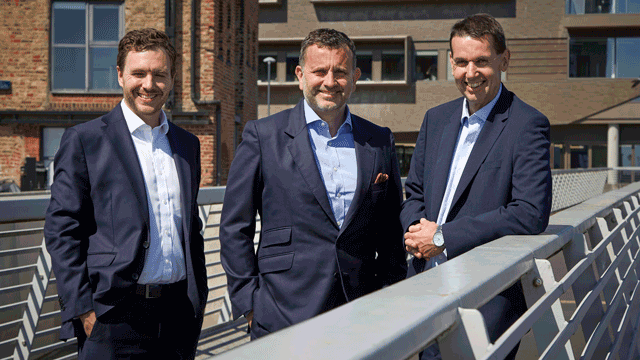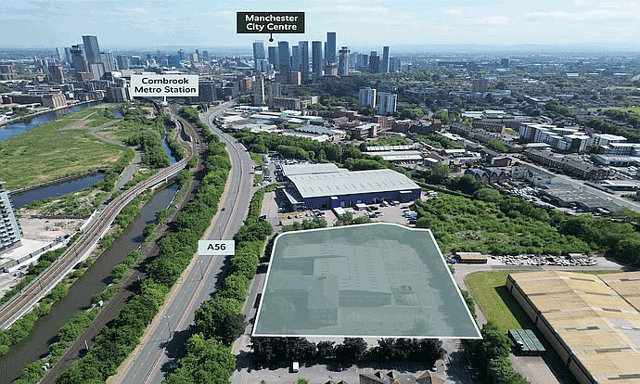London’s predicted property boom may turn out to be a damp squib unless the capital’s transport problems are solved, according to research published today.
The research, jointly conducted by the London Chamber of Commerce and King Sturge, states: “London is facing increasing pressures on its infrastructure through rising levels of tourism, population and commuting. Unless its transport system is improved, it will struggle to maintain its position as one of the world’s leading business locations.”
Problems with the transport system threaten to undermine the capital’s economic growth, which is estimated by the report to be 2.4% over the next two years and 3.1% in 2002, a consistent 0.1% ahead of the global economy.
The report also predicted that this growth would contribute to a rise in office rents in the capital. The West End office sector is forecast to experience a rise of 8.5% by the end of the year, and rents are anticipated to break the £100 per sq ft (£1,076 per sq m) barrier in 2004. City office rents were predicted to rise by 12% this year to £705 per sq m (£65.50 per sq ft), reaching £758 per sq m (£70.50 per sq ft) in 2002.
Peter Bishop, acting chief executive for the London Chamber of Commerce, said: “This report contains both good and bad news for London. In the short-term London is going to thrive. However there is a sting in the tail. This report underlines how crucial it is for London that we improve transport so that we have a system that can cope with the predicted rise in the numbers of passengers using it.”
Angus McIntosh, head of research at King Sturge, issued a challenge to the Government to solve the problem. “The new Labour Government must make transport improvements in the capital a top priority for its second term – that means action, not words.”
The warning expressed in the joint report echoes the words of London’s Mayor Ken Livingstone in the foreword to the draft Mayor’s Transport Strategy, published in January this year: “A transport crisis now threatens London’s economic prosperity and the quality of life of Londoners. As a world city, London competes with the best in the world. To do so it requires a world class transport system.”
Policies currently being put into action include congestion charging, the London Crossrail, and two new Underground schemes. The East London Underground line is expected to be the first to be completed, in 2004-5.
The final draft of the Mayor’s Transport Strategy will be published on 10 July.
Dirk Patterson, campaign executive for LCC, said: “In a lot of areas of transport the Mayor is absolutely right.” However, Patterson said the attitude of the Mayor towards aviation, as expressed in the Economic Development Strategy, clashes with the demands of the London Chamber of Commerce. “For the Mayor to oppose increased capacity at Heathrow is a massive oversight. Sustainable aviation, and maintaining Heathrow as an interlining hub is essential to the economic growth of London and the country.”
EGi News 14/06/01










